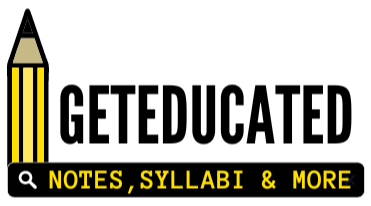
What is Agenda?
An agenda is a list or plan of items to be discussed or accomplished during a meeting, event, or any other organized gathering. It serves as a guide or roadmap to ensure that the gathering stays on track and that all necessary topics or tasks are addressed within the allocated time. The agenda outlines the order in which items will be discussed, sets time limits for each topic, and assigns responsibilities to individuals or groups involved. Overall, an agenda is a crucial tool for effective meeting management, helping to streamline discussions, promote productivity, and ensure that objectives are achieved within the given time frame.
What are the Functions of an Agenda?
The main functions of an agenda are as follows :
- Organization and structure: An agenda provides a structured framework for the meeting or event, helping participants understand the flow of the gathering and what to expect. It helps maintain order and prevents discussions from going off-topic.
- Time management: By allocating specific time slots to each agenda item, the agenda helps manage time effectively during the meeting. It allows participants to prioritize and focus on key topics, ensuring that discussions are not overly prolonged and that all important matters are addressed.
- Preparation: A well-prepared agenda allows participants to come prepared with relevant information, materials, and ideas related to the topics to be discussed. It helps ensure that everyone is on the same page and encourages meaningful contributions from all attendees.
- Communication and transparency: The agenda serves as a communication tool, informing participants in advance about the purpose, topics, and objectives of the gathering. It enables individuals to understand the meeting’s context and make informed decisions regarding their attendance or involvement.
- Accountability: An agenda assigns responsibilities to specific individuals or groups for presenting or leading discussions on particular agenda items. This promotes accountability and ensures that everyone involved is aware of their roles and contributions to the meeting or event.
- Documentation: An agenda can also serve as a record of the meeting or event, outlining the topics discussed and decisions made. It provides a reference for future meetings and helps track progress on action items or follow-up tasks.
Suggested Reading :
Definition of Minutes of a Meeting and its Functions

[…] What is Agenda and What are the Features of an Agenda? […]